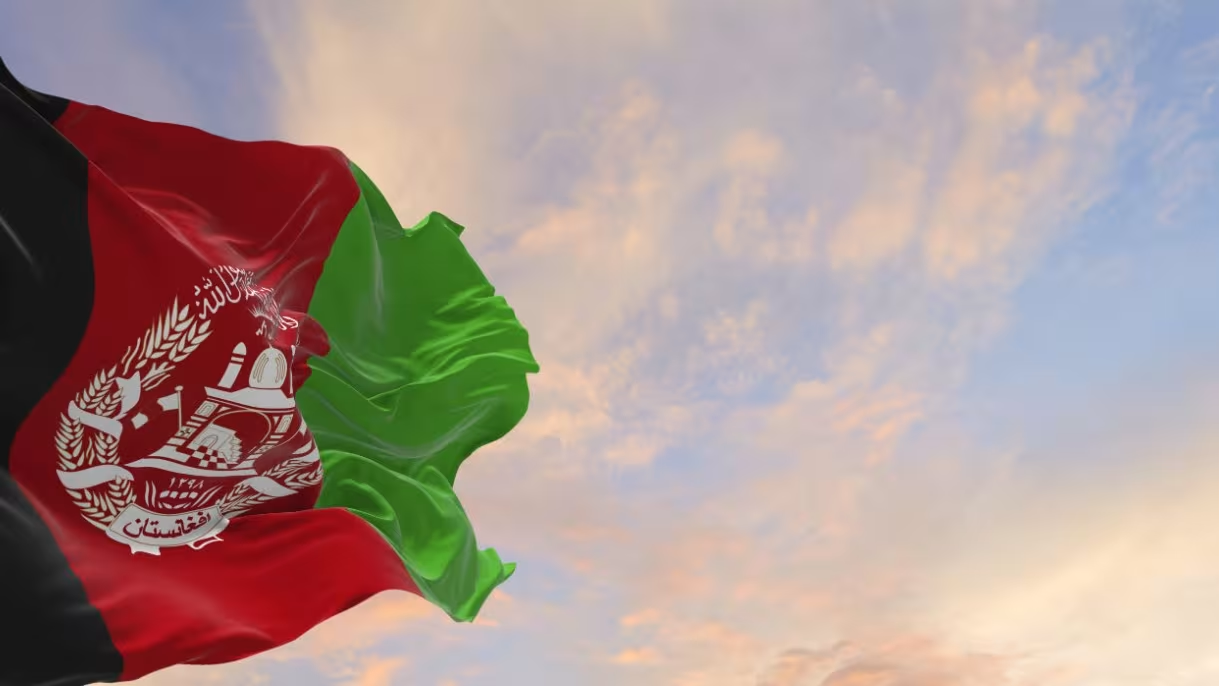
Experts Reflect on the Ongoing Crisis and Future Prospects for Afghanistan
As Afghanistan marks the third year since the Taliban's return to power, the fellows of the Princeton School of Public and International Affairs' Afghanistan Policy Lab and Princeton SPIA faculty members provide their perspectives on the evolving situation in the country. The scholars, specializing in international relations, human rights, counterterrorism, and security, offer their analyses of the challenges and opportunities facing Afghanistan. Their insights below, presented in alphabetical order according to the analysts' last names, shed light on the complex realities of a nation in conflict and the uncertain path ahead.

Wolfgang F. Danspeckgruber, Founding Director, Liechtenstein Institute on Self-Determination, Princeton School of Public and International Affairs
“This marks the third anniversary of a shock event for the Afghan community, for the region and for global crisis management in general- the west left the individual man, woman, and child in Afghanistan in spite of promising steadfast alliance to the country. Afghan women and girls face severe repression, while the Taliban exploits resources and international aid for terrorism. The Taliban is earning power and money by engaging in mining, in illegal trade, and by extorting as much as possible from ongoing international aid intended for the people of Afghanistan. It uses the money for madrasas and suicide regiments, turning Afghanistan into what I have called a “hornet’s nest” of regional and international terror. The Afghan diaspora must unite, speaking with one voice to demand sustained international support and ensure Afghanistan is not forgotten. The international community must keep assisting with well-calibrated aid otherwise the prize of abandoning the Afghans and Afghanistan will only become worse.”
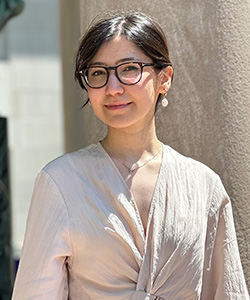
Nazeela Elmi, Resident Fellow/Professional Specialist, Afghanistan Policy Lab
“The Taliban's takeover of Kabul in August 2021 marked the end of access to women's rights and human rights in Afghanistan, turning the country into a meta-crisis and a gender apartheid. The deal that enabled the Taliban's return overlooked the views, wishes, and demands of an entirely new generation of Afghans. The international community must ensure that the diverse voices and visions of young Afghans, particularly women, who suffer daily violations of their rights, are meaningfully included in shaping a peaceful and just future. Avenues for justice seeking are not non-existent. State parties consenting to ICJ Jurisdiction under CEDAW must prosecute the de facto government in the International Court of Justice. It is essential that we maintain our commitment to principled engagement and uphold accountability. We owe it to our collective obligations, to the women and girls, and the future generations of Afghanistan.”
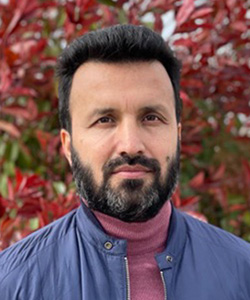
Gran Hewad, Resident Fellow/Professional Specialist, Afghanistan Policy Lab
“Afghanistan faces a severe humanitarian crisis, with over 23 million people in need of assistance. Economic instability, exacerbated by the exclusion of women from economic activities, has led to widespread poverty and food insecurity. Environmental challenges, such as droughts and floods, further strain resources. Recently, pension cuts have added to the hardships. An elderly man in a YouTube report described the difficulties he and his peers face after decades of work, now with no hope of receiving their pensions. The international community must prioritize sustainable aid and development to improve living conditions.”

Kenneth Roth, Charles and Marie Robertson Visiting Professor and Visiting Lecturer
“How should the world deal with the Taliban? Cutting off all aid to Afghanistan does tremendous harm to people living in dire circumstances. But sending aid unconditionally seems to endorse the gender apartheid that the Taliban have imposed on women and girls. There is no simple answer, but it is worth recognizing that the Taliban are not monolithic; their behavior varies considerably across different regions. Some aid organizations have successfully insisted on roles for women, stressing that it is the only way to serve the entire population. These precedents of principled engagement should be built upon.”
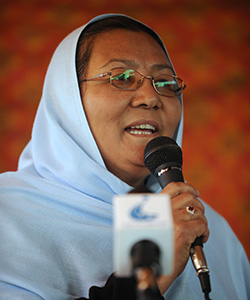
Habiba Sarabi, Prospect Afghanistan Policy Lab Fellow, Former Member of the Afghanistan Negotiating Team in Peace Process
“In the three years since the Taliban's takeover, Afghanistan has tragically transformed into an open prison for its citizens, especially for women and ethnic and religious minorities. The ongoing gender apartheid is not only undeniable but continues to deepen as time passes. Amidst this backdrop, the United Nations' resolution, coupled with the independent assessment mandated by UN Security Council proposed by Fereydoun Sinirlioglu, offers a glimmer of hope as a potential resolution to Afghanistan's multifaceted crisis. However, the Taliban’s reluctance to engage meaningfully in the Doha process jeopardizes any peaceful political solution and once again converts Afghanistan into terrorism and extremism hub and eventually enflames internal war and insurgencies. Without such dialogue, the threat of civil war looms large once again, driven by the widening rifts within the Taliban itself. Such a conflict would not only devastate the Afghan people but also pose significant risks to regional stability and global security.”
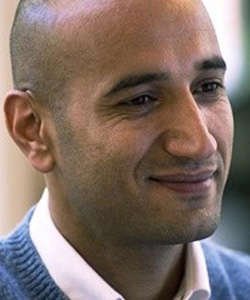
Arian Sharifi, Lecturer and Co-chair of the Master in Public Policy program
“Three years in, Afghanistan remains in perilous conditions – socially deprived, politically repressed, economically impoverished, and diplomatically isolated. The only solution to this is the formation of an inclusive national government that would have domestic legitimacy and international recognition, leading Afghanistan out of its internal depression and international isolation. I call upon the international community to take steps toward the actualization of this objective, and upon the Taliban to use reason and logic to accept the will of the Afghan people.”
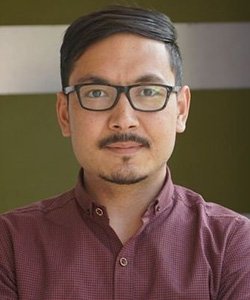
Lutf Ali Sultani, Resident Fellow/Professional Specialist, Afghanistan Policy Lab
“August 15, 2021, marks one of the darkest days in Afghanistan's contemporary history. On that day, former President Mohammad Ashraf Ghani fled the country, leaving Afghanistan to fall into the hands of a regressive, autocratic, and anti-women regime. In the three years since the Taliban seized power, Afghanistan has been transformed into a country where women are imprisoned in their own homes, and ethnic and religious minorities have been entirely excluded from all levels of governmental decision-making. For the Taliban, predominantly Pashtun clerics, fundamental human rights such as women's access to education and employment, freedom of expression, and the right to vote or be elected are viewed as Western imports with no place in their regime.”

